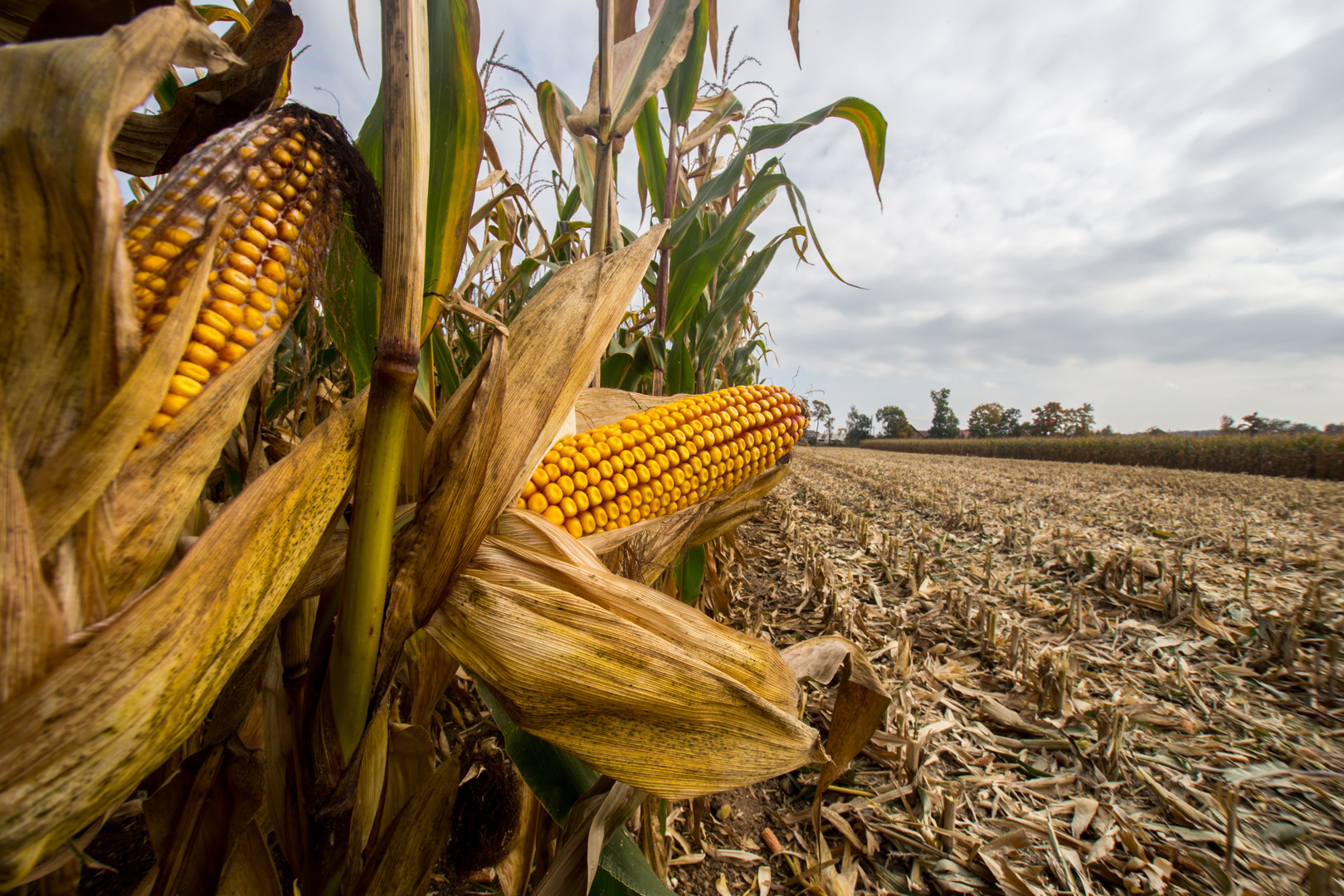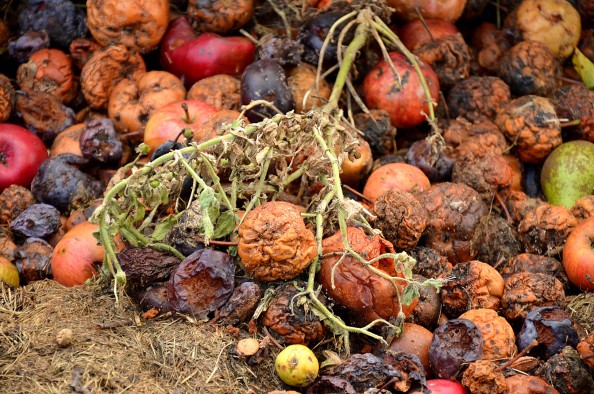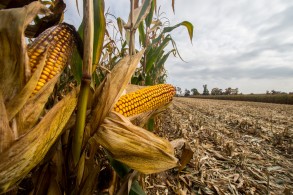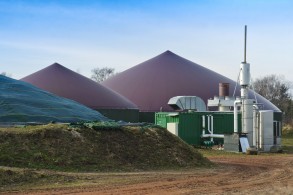
Decomposition of biodegradable organic waste (waste from markets, garden or kitchen waste, degradable organic waste from food and agricultural industry) is a process aiming at reducing greenhouse gas emissions.
Decomposition of organic waste takes place in specially designed anaerobic digesters where all necessary biological and chemical processes occur in the absence of oxygen resulting in conversion of solid fraction of organic waste matter into basically methane gases known as biogases. After the removal of impurities, these gases may be combusted to run a co-generation plant or burned as a fuel in a boiler of furnace. Burning biogas does not lead to climate change and global warming as it environmentally harmless.
The decomposition process (anaerobic digestion) produces biogas, liquid effluent called digestate (a nutrient-rich compound and excellent biofertiliser) and water. Waste water from the process undergoes treatment and a part of it may be returned for further use in the process.
Developing and using biogas generation system increases safety of energy supply, reduces the dependence on imported fuels and contributes to the preservation of natural resources and environmental protection.


